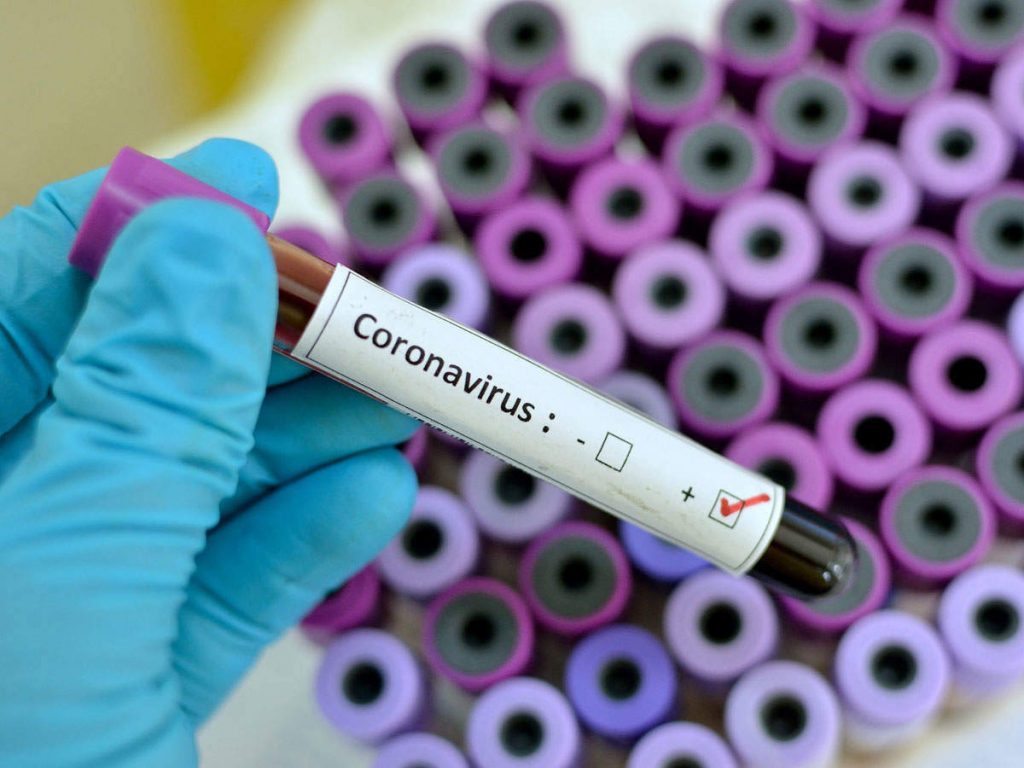
Researchers have said coronavirus can attach to different types of cells in the nasal cavity, which could explain why several patients are reporting a loss of the sense of smell.
Could a sudden loss of sense of smell and taste indicate COVID-19 infection in the absence of other symptoms?
Doctors from across the world have reportedly found that a significant number of the novel coronavirus positive patients lose their sense of smell. While the loss of sense of smell is often hard to detect, this may be an early indicator in many COVID-19 patients who are infected. If such patients are isolated at an early stage, the spread of the infection from asymptomatic patients could be reduced.
‘Evidence from around the world’
ENT UK, a body representing ear, nose, and throat (ENT) specialists in the United Kingdom, has pointed out that a significant number of patients with proven COVID-19 infection from South Korea, China and Italy developed anosmia — a partial or complete loss of the sense of smell.
“In Germany, it is reported that more than two in three confirmed cases have anosmia. In South Korea, where testing has been more widespread, 30 percent of patients testing positive have had anosmia as their major presenting symptoms in otherwise mild cases,” said ENT UK.
“I have personally seen four patients this week, all under 40, and otherwise asymptomatic except for the recent onset of anosmia — I usually see roughly no more than once a month,” the ENT UK statement quoted Claire Hopkins, Professor of Rhinology, King’s College London, as saying.
“I think these patients maybe some of the hitherto hidden carriers that have facilitated the rapid spread of COVID-19.”
Viral infections often cause smell loss
According to ENT UK, post-viral anosmia is one of the leading causes of loss of sense of smell in adults, “accounting for up to 40 percent cases of anosmia”.
“Viruses that give rise to the common cold are well known to cause post-infectious loss, and over 200 different viruses are known to cause upper respiratory tract infections,” it said.
“Previously described coronaviruses are thought to account for 10-15 percent cases. It is therefore perhaps no surprise that the novel COVID-19 virus would also cause anosmia in infected patients,” it added.

Respiratory viral infection can cause injury in the specialized nerve tissue leading to the loss of the ability to detect smells.
Virus attacks supporting cells, not smell-related neurons
In a recent pre-print study, researchers from Harvard Medical School in the US showed that several types of cells in the olfactory epithelium — a specialized tissue inside the nasal cavity that is involved in smell — have genes that express the receptors ACE2 and TMPRSS2, both of which mediate the infection by SARS-CoV-2 (novel coronavirus).
These cells include subsets of sustentacular cells — primarily associated with structural support, Bowman’s gland cells, which secrete watery mucus to keep the nasal cavity tissue moist, and horizontal basal cells (HBCs), which act as reserve stem cells activated upon tissue damage.
However, olfactory neurons, which detect and transmit smell-related information to the brain, do not express these receptors.
The researchers suggest that the virus may be attacking any one of these three types of cells, leading to a disruption in the mechanism that allows humans to identify smells.
Though the study does not explain the exact pathway through which the novel coronavirus affects the sense of smell, the findings pinpoint the cells that are affected — narrowing down the field of investigation for future studies
